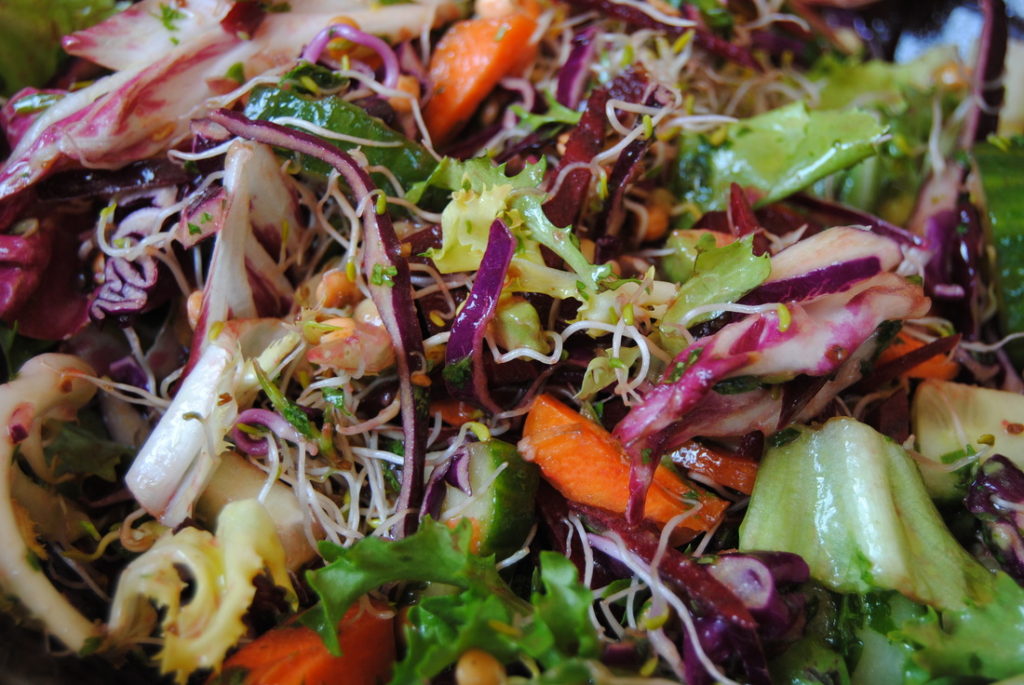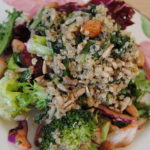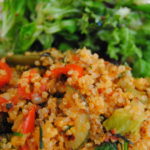These two words don’t seem to go together. It’s not common to link our food with our stress levels, although they actually are closely related. Some people do tend to eat differently when stressed but what about our food choices causing our increased stress levels? Leading a healthy, stress-free life involves maintaining a healthy diet. As we become more conscious about our food choices, we can help to control our stress levels rather than feeling that stress is controlling us.
Packaged and processed food…the worst of all for stress levels. Ironically, we often crave these foods when we’re stressed. We’re tired or full of worry so we grab something “convenient” to comfort us. Most processed foods contain artificial ingredients, preservatives and binding agents that stimulate or cause stress. The body doesn’t recognize these ingredients as real food so they act as toxins to the body. The liver and other organs have to work extremely hard to detoxify these chemicals. Rather than using our organs to heal and repair, we’re wasting unnecessary energy.
Caffeine is another culprit that increases stress levels. It stimulates our central nervous system and can cause us to feel ungrounded and shakey. Try switching to herbal tea just for a few days and see if you notice any changes. It’s fine to enjoy coffee as a treat – it only becomes a problem when you develop a habit. The best way to observe how addicted you really are, is to monitor your symptoms during this removal of coffee. If you notice headaches, irritation or any other symptoms, maybe it’s time to decrease your intake.
As sweet as sugar is, it’s not so sweet for the body. It raises our blood sugar levels very quickly and the body has to work overtime to release insulin. The insulin takes our sugar and carries it to the cells so that our blood sugar becomes normal again. We go from having a sugar rush to a sugar drop. This can leave us feeling jittery, tired and moody. Stabilize your blood sugar with complex carbohydrates such as fruit and starchy root vegetables. Rather than drinking juice, eat fruit in its whole form. The fibre will slow down absorption rates in the body and leave us feeling balanced.
On a good note, certain foods can help the body to control stress. You guessed it – whole foods. These are foods that our great, great grandparents would recognize as food. Nothing fake or made in a lab at all. Increase your intake of fruits, vegetables, whole grains and healthy fats. If you can change your food habits, you will be able to fight stress much easier. In addition, eat your food in a calm and relaxed environment. If we’re stressed while eating, our body is focussed on controlling our stress rather than our digestion. The nervous system always comes first, even over the digestive system. Your body can’t tell the difference between real and perceived stress so it assumes you must deal with the stress immediately. Take a few deep breaths before your meal and let go of your day. Make sure that you can recognize all of your ingredients as real food. Slow down and enjoy the meal. Becoming present will begin to relax you in many ways. The relaxed state of your nervous system and digestive system will carry over to your whole body and promote a state of healing.






1macromedia
Comments are closed.